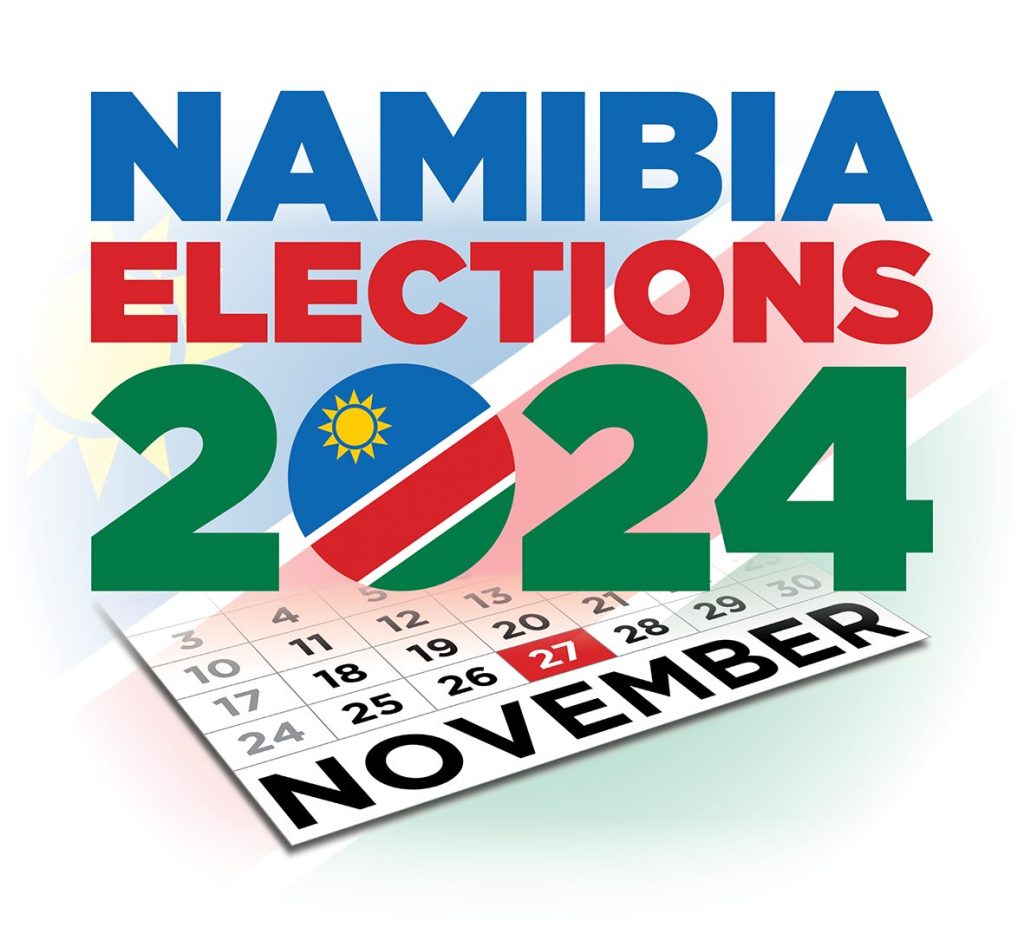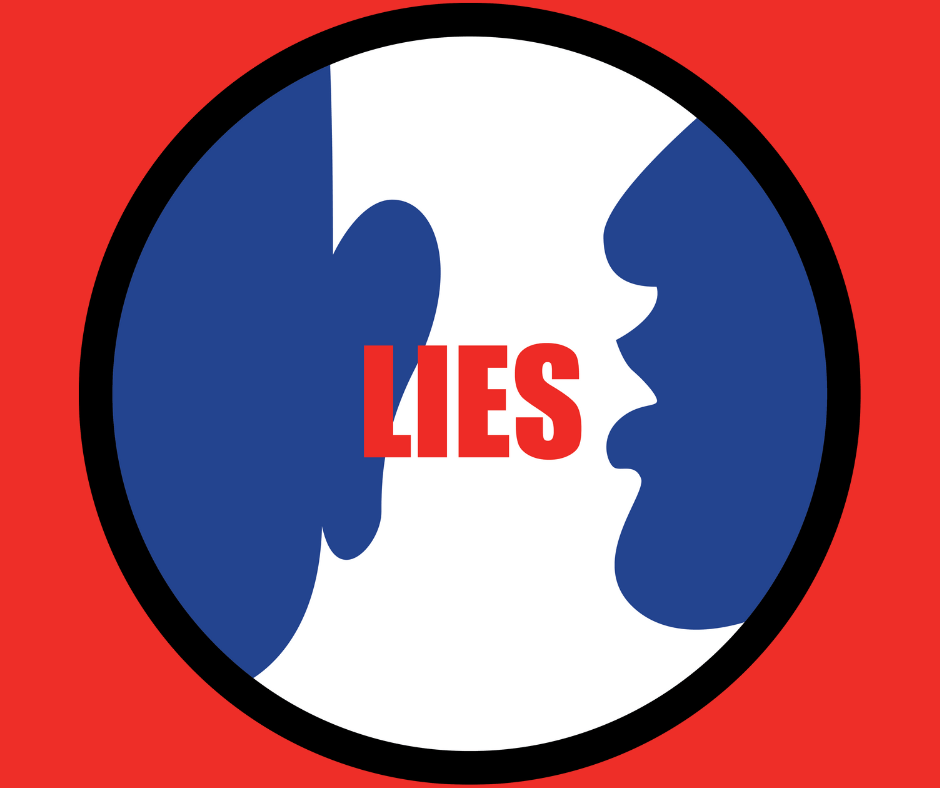IMAGE: Namibia Fact Check
Information manipulation tactics about candidates and political parties have infiltrated the online election information landscape
A common tactic to try and undermine a competing political candidate or party is to engage in a smear campaign.
In Namibia, over the last few months it has become apparent that there is a concerted and coordinated smear campaign underway aimed at the leader of the Independent Patriots for Change (IPC), Panduleni Itula.
According to the Collins Dictionary, a smear campaign is:
“a deliberate attack on somebody, by spreading an untrue and unpleasant rumour about them, or by making an accusation intended to damage their reputation“
Definition from collinsdictionary.com
Example: He puts all the accusations down to a smear campaign by his political opponents.
According to various online sources, there are two broad aims of a political smear campaign:
- First, to undermine support for a targeted candidate or party by attacking their reputation and credibility;
- Second, to distract from their message or platform and to silence them.
Tactics used in a political smear campaign are:
- Personal attacks on the targeted individual, candidate or party through deliberately spreading and amplifying lies and rumours;
- Spreading and repeating misinformation online through anonymous or false accounts;
- Labelling the targeted candidate or party as a threat to or not representing the public interest or being a ‘foreign agent’, an ‘imperialist puppet’ or something similar;
- Cementing the smear with videos and voice-notes. AI-generated videos and voice-notes are now also being used.
Namibian example?
As stated earlier, it appears that there is a political smear campaign underway against Panduleni Itula and his Independent Patriots for Change (IPC).
While Itula has been subjected to personal attacks recently, the main tactic of the smear campaign against him is to label him an ‘imperialist puppet’, representing foreign interests wanting to engineer regime change in Namibia. This effort has used videos and voice-notes to spread and repeat its narrative via social media and messaging platforms through anonymously generated content.
In May 2024, the narrative started spreading that Panduleni Itula was somehow connected to the Fishrot fisheries corruption and that the scandal was an elaborate intelligence operation “to destroy Swapo in order to effect regime change”. According to this smear, the IPC was Itula’s “operational cover”, as a foreign agent, while the Icelandic fishing company’s “operational cover” was supposedly the Fishrot corruption.

Also in May 2024, an AI-generated video (see below) started circulating in social media groups that called Itula an “opportunist and con artist politician”, who was a British citizen, while also suggesting he might have been an apartheid regime agent.
In early July 2024, the Itula-is-a-British-agent smear was taken further with the emergence and amplification on social media of what appears to be a fake letter alleging that the IPC is funded by the British government and is promoting a British agenda and commercial interests in Namibia. The Namibia Fact Check article on this can be read at the following link:
Against this backdrop, it is important for Namibians to understand what a smear campaign is and how to recognise when such a campaign is being used to influence Namibian elections.
This article forms part of Namibia Fact Check’s #NamibiaElections2024 coverage.


